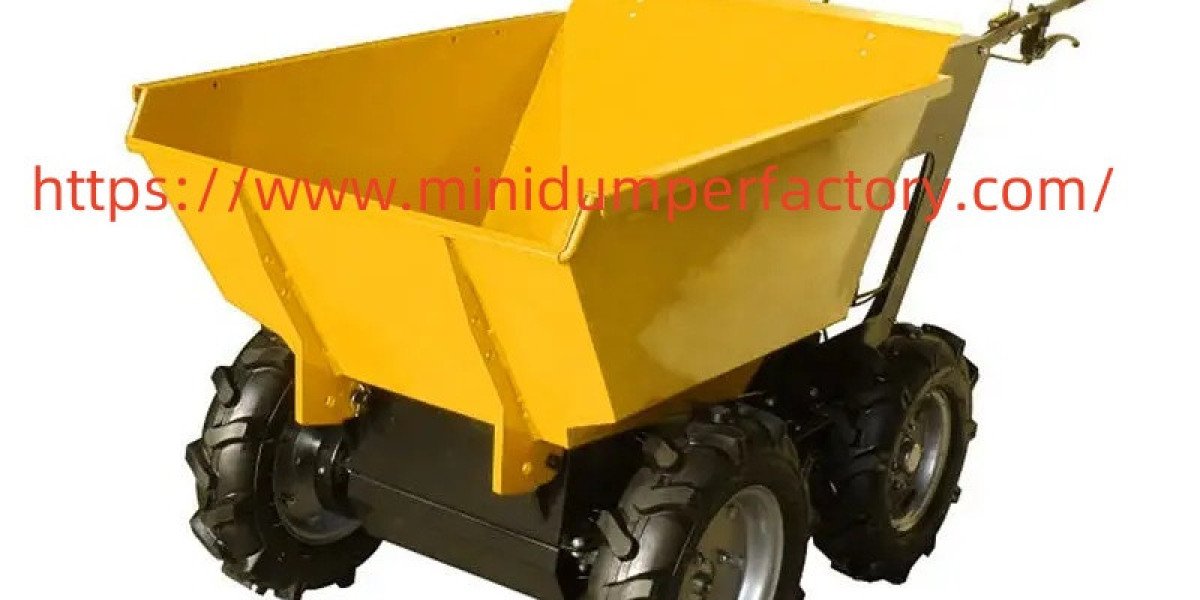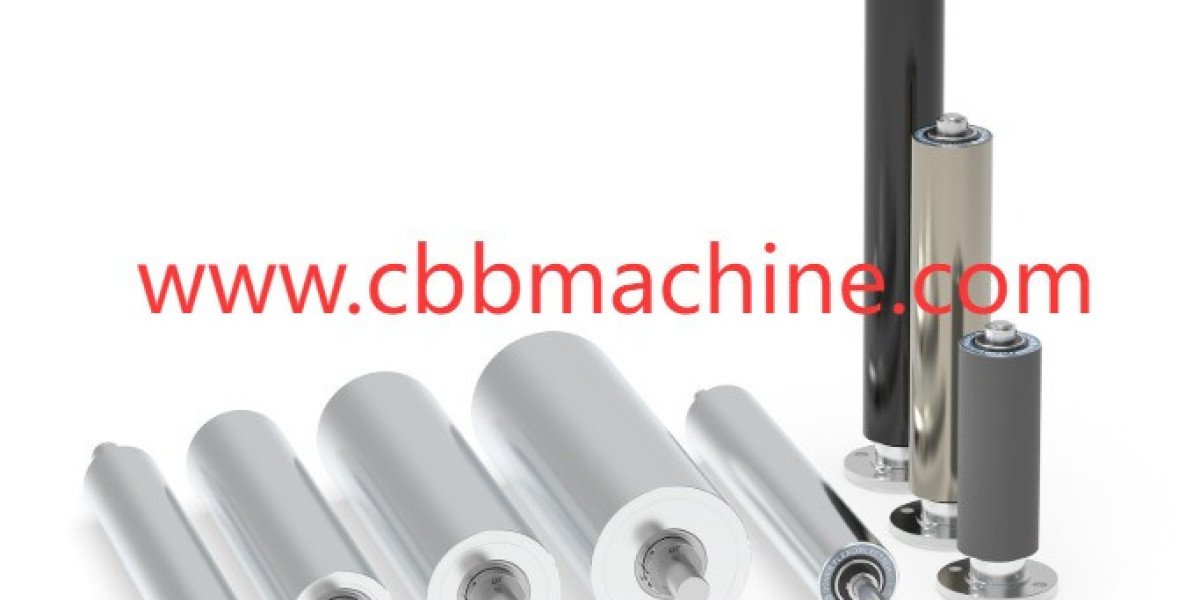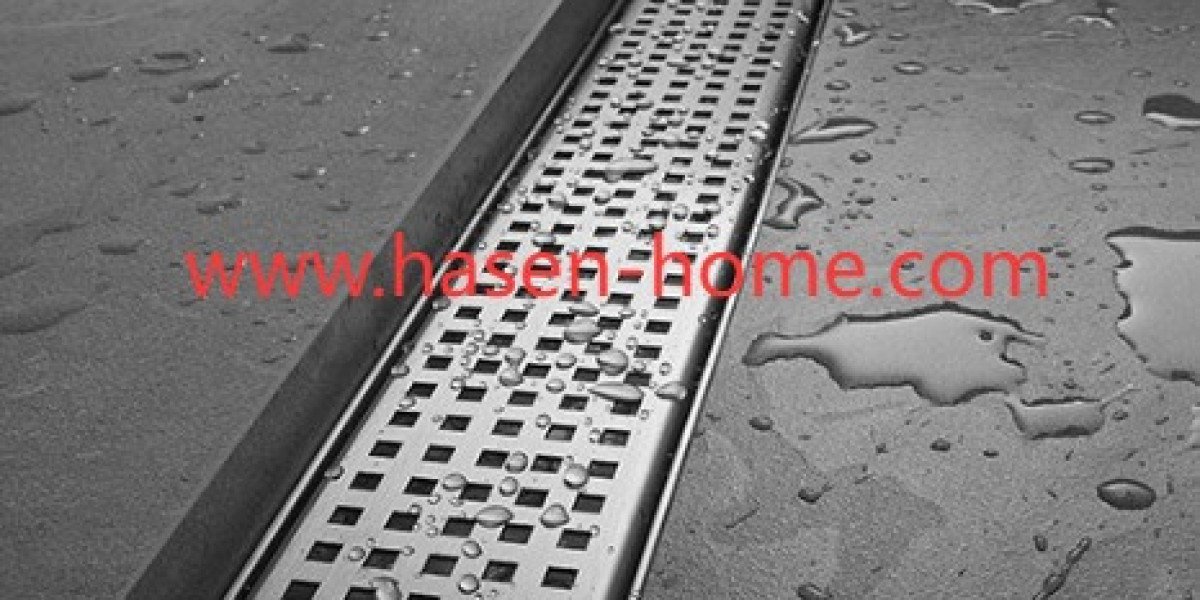In modern landscaping and construction projects, a reliable Garden Loader can significantly simplify material handling, allowing homeowners, contractors, and landscapers to move soil, gravel, and mulch efficiently. Compact yet powerful, these machines combine mobility with load capacity, making labor-intensive tasks far more manageable. By integrating such equipment into daily workflows, outdoor projects can be completed faster while reducing strain on operators.
Efficiency for Outdoor Projects
Traditional methods like wheelbarrows and manual carts require multiple trips and extensive effort, often leading to fatigue. With a mechanized loader, users can transport larger amounts in a single trip, saving both time and physical energy. For professionals managing multiple sites, this efficiency translates into better project planning and smoother daily operations, while for homeowners, it means less exhaustion and more productive weekend projects.
Design Features and User-Friendly Operation
Modern compact loaders are designed for ease of use. Ergonomic handles, adjustable tipping mechanisms, and wide, stable tires make it easier to navigate uneven terrain. Some models include tilting or self-dumping features, enabling precise material placement without additional tools. These innovations enhance safety and reduce operator fatigue, which is particularly important for extended use on larger landscaping or garden renovation projects.
Versatility Across Materials and Applications
A high-quality garden loader can handle a variety of materials, including soil, sand, mulch, compost, and construction debris. This versatility makes it suitable for gardening, landscaping, minor construction, and public space maintenance. A single machine can serve multiple purposes, reducing the need for additional equipment and simplifying site logistics. For small business owners or hobbyists, this adaptability ensures that a one-time investment continues to provide value across multiple tasks.
Engine Types and Operational Considerations
Compact loaders are available in gasoline-powered and electric versions. Gasoline engines provide extended operating times and higher power, ideal for larger projects or locations without easy access to electricity. Electric models offer quieter operation and reduced emissions, making them suitable for residential areas or eco-conscious users. Evaluating site requirements, project scale, and environmental considerations helps determine the most suitable power option, ensuring consistent performance and operational efficiency.
Practical Benefits for Users
For professional landscapers, these machines improve workflow, minimize manual labor, and enhance project safety. Homeowners benefit from the ability to complete substantial gardening or renovation projects without excessive strain. The compact size allows navigation through narrow paths or tight spaces where larger vehicles cannot reach. Overall, integrating a garden loader into project planning offers both convenience and productivity while maintaining safety standards.
In conclusion, investing in a reliable Garden Loader provides long-term advantages in efficiency, versatility, and safety. Whether for personal or professional use, it transforms cumbersome material handling into a streamlined and manageable process.
For more details, visit https://www.minidumperfactory.com/news/industry-news/what-is-an-electric-garden-loader.html








